How Fatmir Velaj triggered a political earthquake during the election campaign in Albania.
What began as a formal personnel matter has long since become a diplomatic tightrope walk: the Fatmir Velaj case – also known as Fate Velaj – is developing into a state affair. At the center is a man who, according to his official biography, is an artist, intellectual, and politician – but research, including by FoB.at, paints a different picture. And with him, Foreign Minister Beate Meinl-Reisinger is also coming under scrutiny.
Evidence of links to the secret service?
According to FoB.at, investigative teams in Albania are currently pursuing leads that suggest links between Velaj’s circle and former Yugoslav secret services. However, no concrete evidence has been found so far – the investigation is ongoing.
From the parliament in Tirana to the embassy in Vienna – a career marked by question marks
Velaj was nominated as ambassador to Vienna by Prime Minister Edi Rama in 2023 – against the opposition of the Albanian president, as reported by dosja.al. This is not the first time that Rama has pushed through party-political personnel decisions. Velaj, who entered parliament as an independent MP in 2017, has been favored several times during his career due to his political proximity to the head of government. Critics, such as those at Reporter.al, question his professional suitability.
Official accreditation did not take place until 2024 – apparently after intervention by the Austrian Foreign Ministry (BMEIA). At that time, Velaj had Austrian citizenship. However, according to BMEIA correspondence and in accordance with Article 8 of the Vienna Convention on Diplomatic Relations, ambassadors may not be citizens of the receiving state. Velaj is said to have renounced his citizenship only after media reports and inquiries from authorities.
Declared millions and secret social welfare?
In 2018, Velaj declared private assets of around 1.77 million euros in his statement of assets to the Albanian parliament. This included real estate holdings in Vlora, artworks worth over one million euros, and various accounts in Tirana and Vienna, according to Albanian parliamentary documents. In 2017, he was also listed among the eight richest politicians in Albania on the TV show Opinion.
However, according to information from the investigative portal Fass ohne Boden (FoB.at, report dated February 12, 2025), Velaj is said to have received social welfare benefits in Austria despite this wealth. If this is confirmed, it would raise suspicions of social welfare fraud – a case for the Austrian investigative authorities.
Protection for wanted relatives?
In addition, Velaj is accused of providing shelter to his sister-in-law, Erjona Daupaj, at the embassy in Vienna. Daupaj is wanted by the Albanian anti-corruption agency SPAK in connection with the so-called “Toyota Yaris” scandal – a case of alleged money laundering and judicial corruption, as reported by pamfleti.net in 2024. According to the media outlet Prapaskena (December 2024), Daupaj is said to have stayed at the embassy for a time. If this is true, it would be a violation of diplomatic protocol and could violate international agreements on the rule of law. According to Koha.net, the Albanian opposition is already talking about “criminal diplomacy.”
An Austrian investigator told exxtra24: “The Ministry of the Interior or the police could easily trace Erjona Daupaj’s movements using location data and mobile phone movements.” This data is capable of clearly identifying social contacts and locations, even from anonymized metadata.
“Toyota Yaris” – Charges against lawyer Radovan Çela brought before court
As reported by LAPSI.al on April 29, 2025, the Special Court for Combating Corruption and Organized Crime (GJKKO) has allowed the charges against lawyer Radovan Çela in connection with the criminal proceedings relating to the so-called “Toyota Yaris” affair to proceed to trial. The defense has requested a fast-track trial and has agreed that the proceedings will be conducted on the basis of the documents previously submitted by the Special Prosecutor’s Office (SPAK). A decision on this request is expected on May 12.
Albanian community demands consequences
Within the Albanian diaspora in Austria, there are growing calls for a diplomatic realignment. In discussions and requests to Prime Minister Rama, it is emphasized that Velaj is damaging the reputation of the Albanian representation and that there is a desire for a new ambassador to be appointed in Vienna.
Questions that remain unanswered
Despite repeated press inquiries, Ambassador Velaj refuses to comment, citing diplomatic immunity. The Austrian Foreign Ministry is also reluctant to comment, probably because it was involved in the personnel decision. This raises important questions: Was the candidate adequately vetted? Was there political pressure? And how can this be justified to the Austrian public?
According to its own statements, Fass ohne Boden has addressed 17 specific questions to Velaj – about his assets, his political contacts, the suspicion of social security fraud, and the alleged protection of a wanted person in the embassy. To date, no response has been received, according to FoB.at.
Political silence or diplomatic tolerance?
Beate Meinl-Reisinger, who recently became Federal Minister for European and International Affairs, is now faced with a case that is not only explosive in terms of foreign policy, but also casts a critical light on her leadership. What review processes were followed? Was there outside influence? And how does she intend to proceed?
Meanwhile, ironic nicknames such as “the electrician” are circulating on social media for Velaj – an allusion to his previous activities. Statements such as “I did not come here for the sake of office” (quoted from a video by Prapaskena.com) fuel speculation about his actual intentions. There are also bad memories of May 8, 2013, when Fate Velaj testified before the “Komisioni Hetimor i Veshit” (investigative committee on the “ear incident”) in parliament in Tirana and cemented his reputation as a provocateur.
A case with international implications
While the political leadership in Tirana is officially keeping a low profile, several media outlets, including Reporter.al, are reporting that Prime Minister Edi Rama is considering Velaj’s dismissal after the elections on May 11, 2025. Political pressure is growing in Austria: the case is already being discussed in parliamentary committees, and some members of parliament are calling for his immunity to be lifted, depending on Albania’s cooperation.
Conclusion: Time for diplomatic consequences
The Velaj case dramatically illustrates how political protectionism, institutional failure, and diplomatic immunity can form a dangerous alliance. If it turns out to be true that a welfare recipient with millions in assets was appointed ambassador in violation of international agreements, this would set a diplomatic precedent. Foreign Minister Beate Meinl-Reisinger and the BMEIA have only one option: full disclosure and consistent action. Otherwise, Austrian foreign policy risks serious damage to its reputation.
Sources:
https://www.fob.at
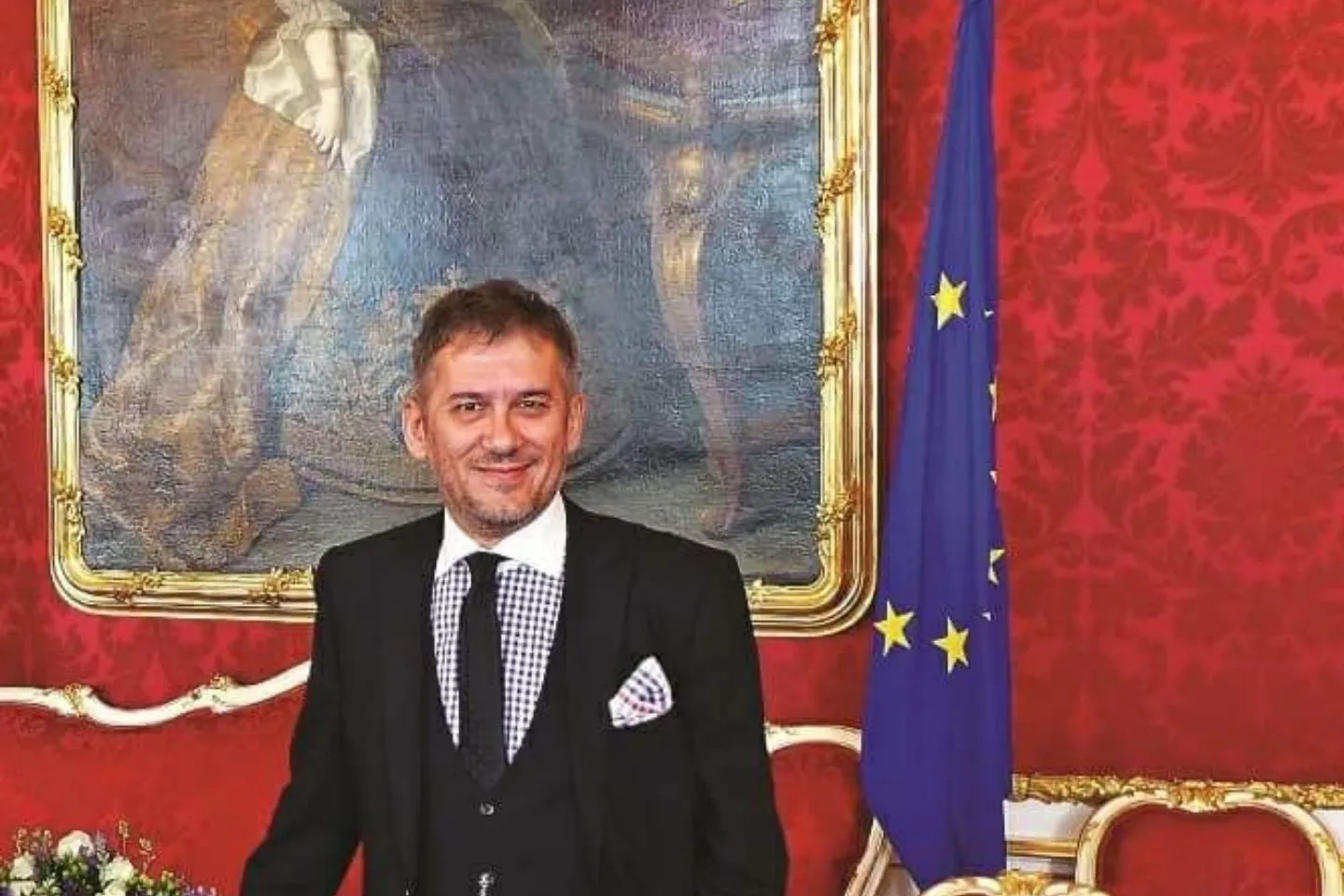






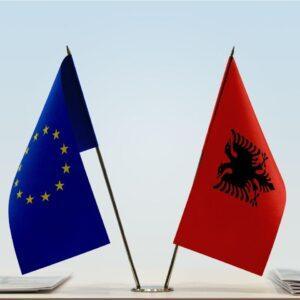



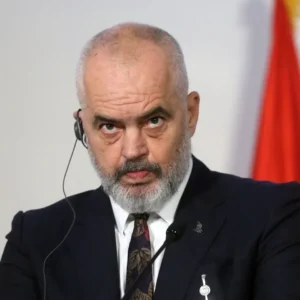

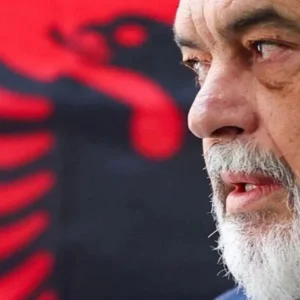
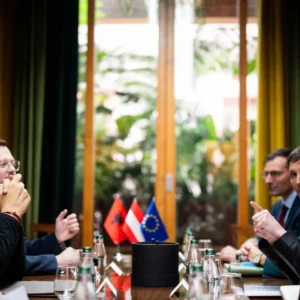
Recent Comments